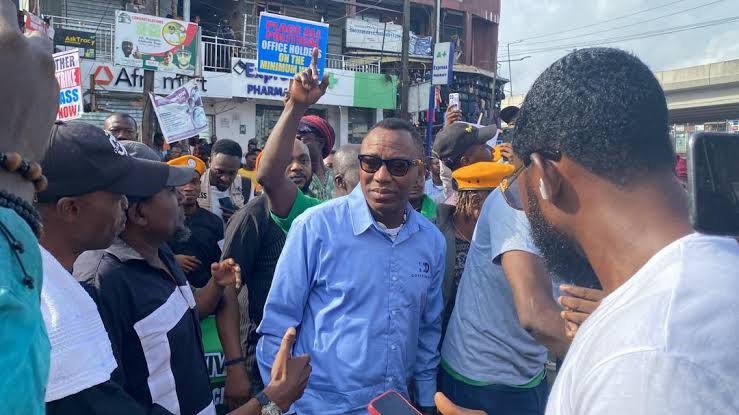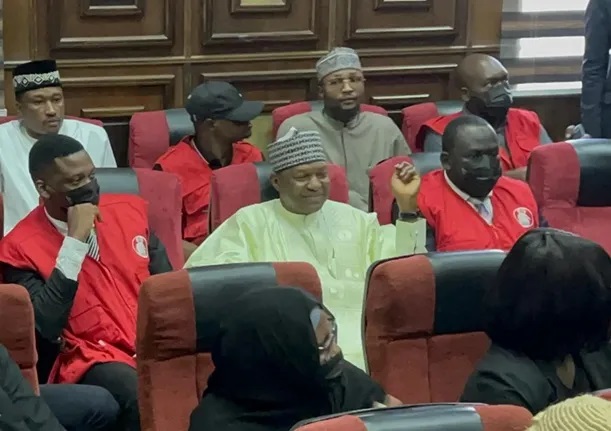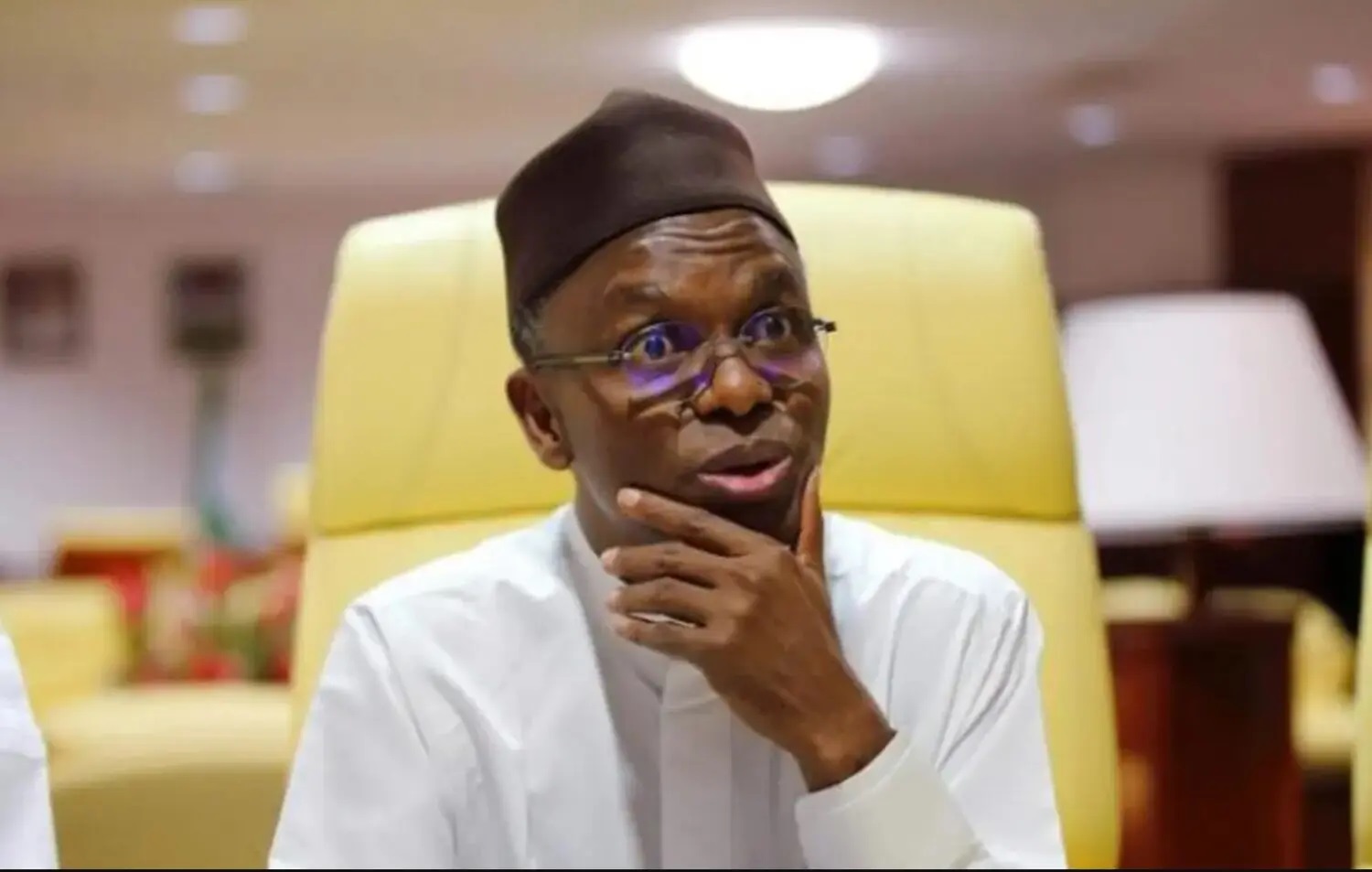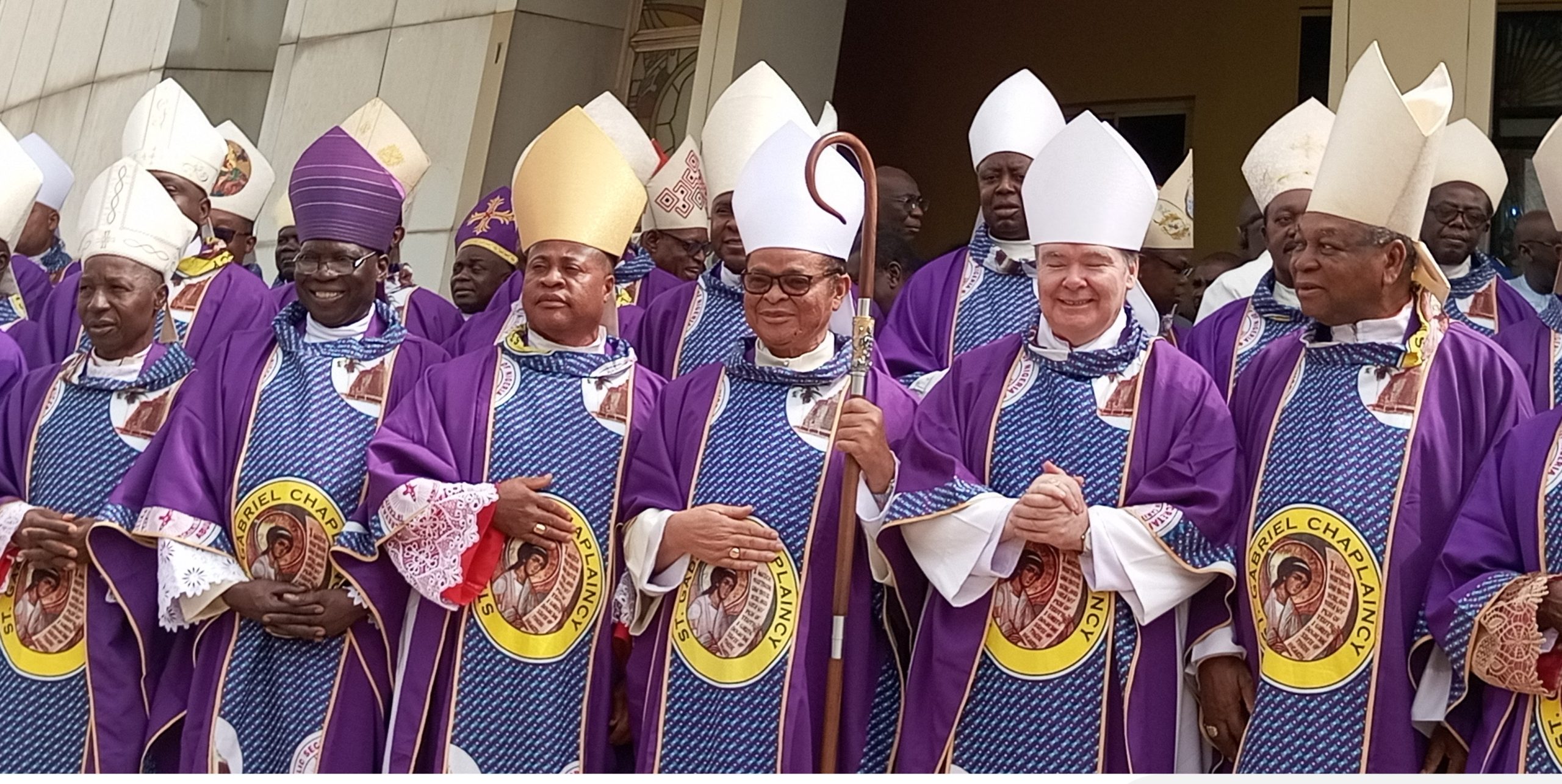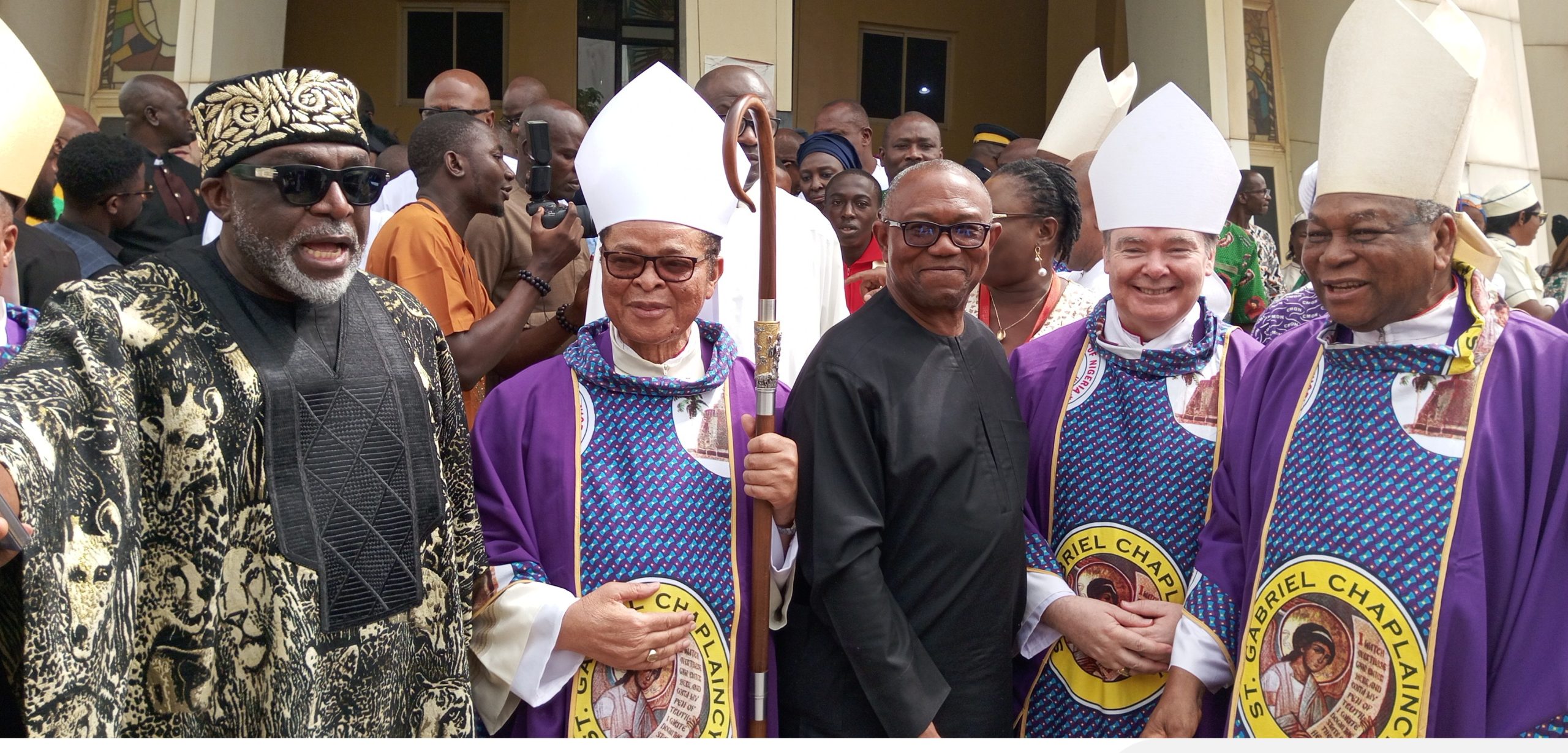A Nigerian court has rescheduled the hearing of a police lawsuit against prominent activist and journalist Omoyele Sowore and other organisers of the #FreeNnamdiKanuNow protest to 5 November, after the presiding judge was unavailable.
Justice Mohammed Umar of the Federal High Court in Abuja was reported to be sitting at the court’s Enugu Division on Wednesday, leading to the adjournment of the case listed as number 11 on the day’s docket.
The case stems from a motion by the Nigeria Police Force seeking to restrict demonstrations in support of Nnamdi Kanu, the detained leader of the banned Indigenous People of Biafra (IPOB) movement. The police argue that such protests could endanger public order and national security.
An interim order already in place prevents Sowore and his co-conveners from organising protests near major government sites in Abuja, including the Aso Rock Presidential Villa, National Assembly, Force Headquarters, Court of Appeal, Eagle Square, and Shehu Shagari Way.
The police suit, filed under case number FHC/ABJ/CS/2202/2025, lists Sowore, Sahara Reporters Ltd, Sahara Reporters Media Foundation, and the Take It Back Movement among the respondents. The application was supported by an affidavit from Bassey Ibithan, a police officer attached to the Force’s Directorate of Legal Services, who claimed the protests could “threaten national security” if not halted.
Sowore, a former presidential candidate of the African Action Congress (AAC) and publisher of Sahara Reporters, had mobilised supporters to hold a peaceful rally on 20 October demanding Kanu’s release. That planned protest coincided with the date earlier fixed for hearing the motion, effectively paralysing court operations on the day.
Justice Umar had previously instructed the respondents to show cause why the interim restriction should not be lifted. With the case now adjourned, the court is expected to hear substantive arguments on 5 November.
The development adds another layer to ongoing tensions surrounding the detention of Nnamdi Kanu, whose continued incarceration remains a flashpoint in Nigeria’s human rights and separatist debates.

